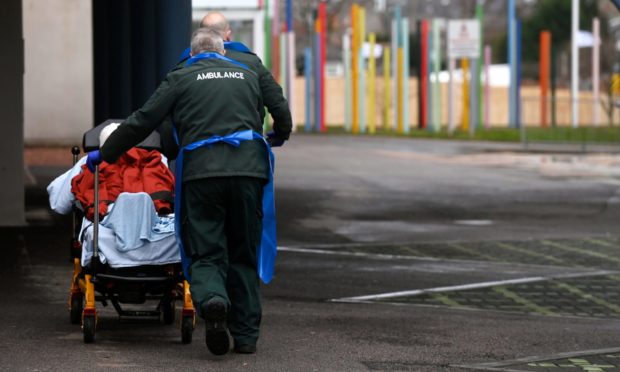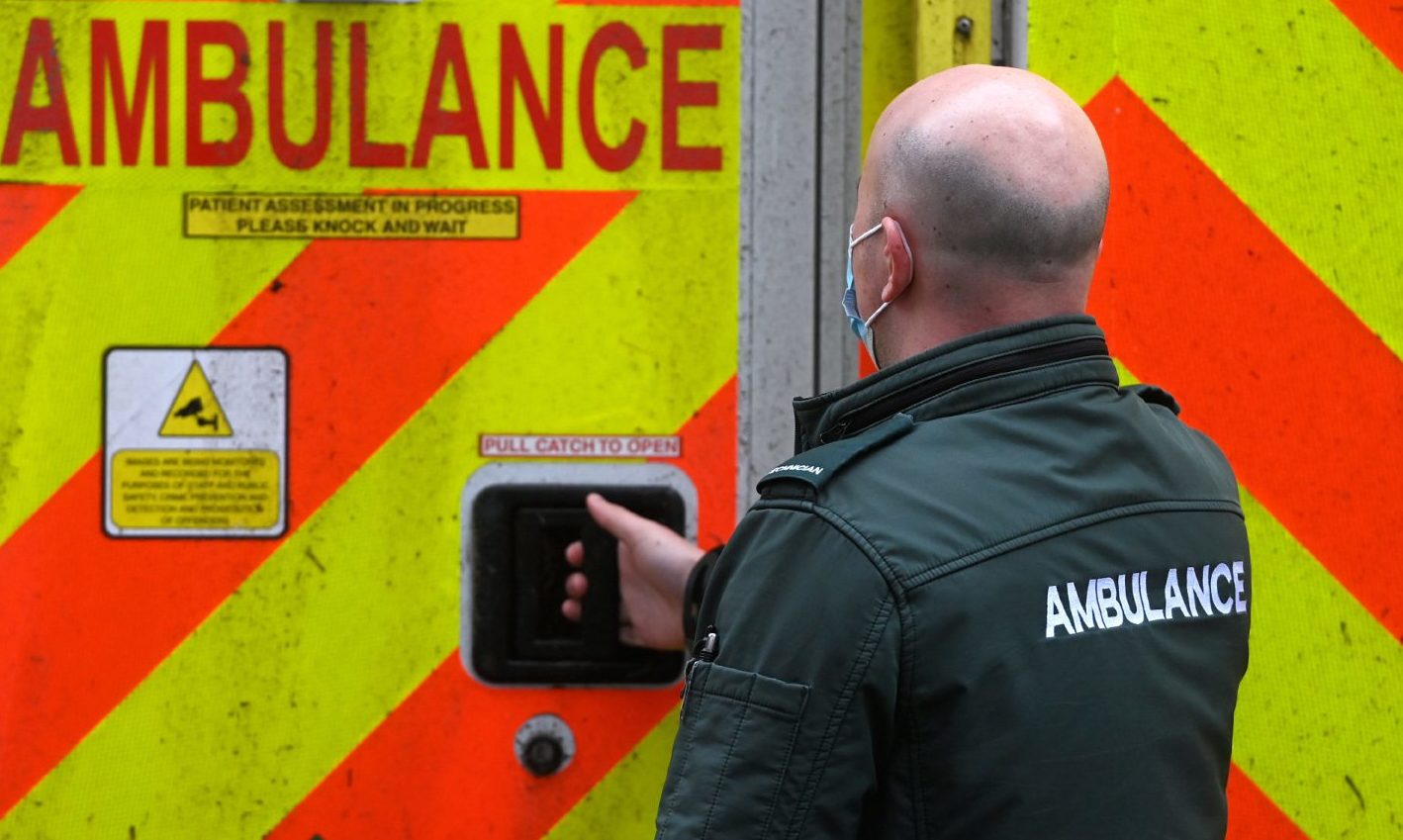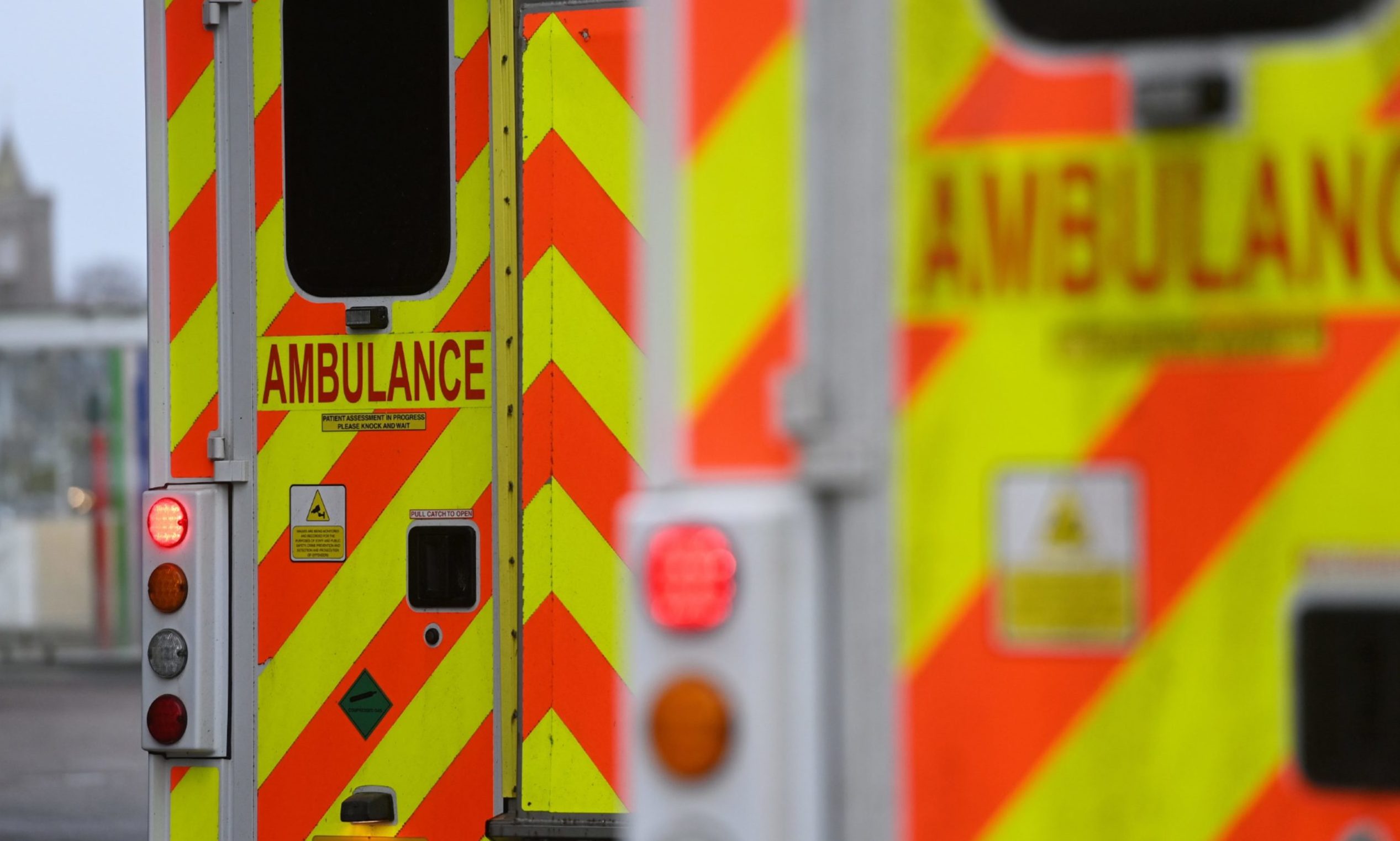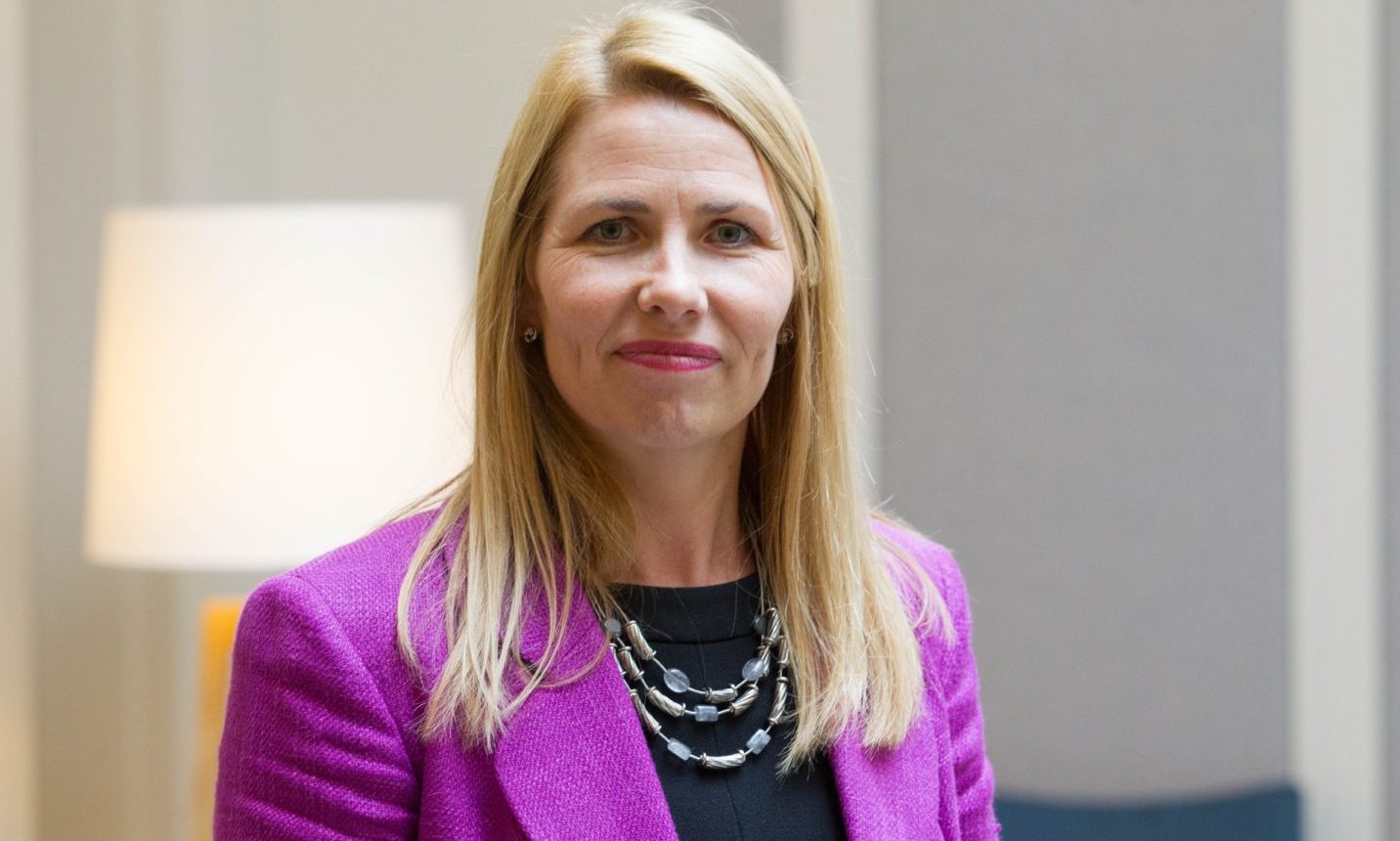Paramedics have called for extra help dealing with PTSD and stress amid soaring numbers of staff absences.
The proportion of ambulance workers taking sick days for mental health reasons has risen six fold in Aberdeen in just the last year.
And while the figures relate to individuals’ personal circumstances, and cannot be used to monitor any longer-term trends, frontline workers say they show the need for additional support.
Unison Scotland, the union which represents ambulance staff across the country, said it has been “pushing” for early identification and intervention when it comes to mental health difficulties arising on the job.
Without these, it has warned workers will be left worn down until they are dealing with “the final collapse of a human being.”
Growing proportion of mental health absences
The Scottish Ambulance Service figures, obtained by the Scottish Conservatives, reveal the number and causes of staff absences at the Aberdeen and Inverness bases over the last three years.
In the north-east, more than 17% of the sick days logged in 2020 related to anxiety, stress or depression – up from 3% in 2019.
The year previous, it was just 1%.
And in the north, the proportion rose from 7.5% in 2019 to 9% in 2020.
When excluding the tumours category from this year – which comprised almost half of all absences and may have related to just one person’s individual circumstances – the percentage of mental health sick days rises to 16%.
A spokesman for Unison Scotland said: “PTSD is an issue for many emergency staff.
“Our position has been very clear around the need to support staff who are suffering from stress and anxiety in the workplace.
“The employer has to be proactive in dealing with issues and learning from them.”
Scottish Conservative north-east MSP Tom Mason said: “The demand on paramedics across the north and north-east continues to be high during a time of so much uncertainty and worry for people caused by the pandemic.
“Cuts to the emergency service sector across the board along with the impact of Covid have meant paramedics are under more pressure than ever before.
“These figures highlight that there needs to be more awareness and help given by the Scottish Government to assist with the impacts of stress and conditions such as PTSD.
“Paramedics have to deal with traumatic incidents on a daily basis and more support needs to be given around the mental health struggles faced by frontline workers.
“Paramedics have to deal with traumatic incidents on a daily basis and more support needs to be given around the mental health struggles faced by frontline workers.
“These statistics also illustrate the true toll Covid has taken out of our paramedics who continue to do a fantastic job in keeping us safe all year round.”
Commitment to improve wellbeing
The ambulance service says it has a “wide range” of support measures in place to help staff, and is working closely with employees to bolster these further.
A spokesman added: “Our staff work incredibly hard, helping patients and saving lives every day.
“We understand the pressures they face and have a wide range of health and wellbeing support measures in place to help them.”
And the Scottish Government said it has invested more than £1 billion in the ambulance service over the last four years.
It has also committed to training 1,000 new paramedics and introduced a national wellbeing helpline which has reached tens of thousands of healthcare workers.
A spokesman said: “We value the tremendous job our ambulance service staff do in what can be exceptionally challenging circumstances.
“Like all of our frontline responders, their welfare and mental wellbeing is crucially important.
“The Scottish Government is committed to working with NHS boards and Health And Social Care Partnerships to provide services to support all staff in these challenging times including a range of wellbeing and psychological support provision.”
Covid concerns among staff
Ambulance bosses say just one work-related Covid outbreak has been logged since the pandemic began – despite claims the virus has been much more prevalent.
In December union Unison alleged cases were failing to be correctly reported and called for an investigation into the matter.
It found that more than 1,000 ambulance staff across the country – almost one-quarter of the workforce – had been diagnosed with Covid-19 over the course of 2020.
Despite this, the union said no cases had been logged through the Riddor reporting system used to log health and safety incidents – meaning none of the infections were classed as work-related.
Regional organiser David O’Connor said: “This cannot be an accurate reflection of what is happening.
“It’s vital that Covid-19 cases are properly recorded, especially for those employees suffering the longer-term effects of the virus.”
But at a meeting of the Scottish Parliament’s health and sport committee this week, service chiefs stood by the findings.
Its director of workforce, Lyndsay Lauder, said: “We had not, at that point, reported any of our infections to Riddor but we were confident we followed the regulations.
“Since then we have met with Unison and been over the process we followed.
“We are working together to make sure that, in future, if there are any reportable Riddor events, we do so.
“We’ve had one recent outbreak we are reporting to Riddor so I’m very confident we followed the regulations and we’ve been able to provide reassurances to Unison to that effect.”
She added: “This has been an extremely testing, difficult time for our staff and since the beginning of the pandemic we’ve been monitoring closely Covid and non-Covid-related absence.
“Our priority has been to put those staff impacted at the centre of our thinking.
“We support them through weekly welfare calls if people are absent, either as Covid-positive or if they have to self-isolate for a range of different reasons, and we keep in close touch with them to make sure they’re OK.”
Fresh jab call
Last night Unison and fellow trade union GMB called for ambulance staff to be given the second dose of the Covid vaccine now, rather than in 12 weeks’ time.
They have sent a joint letter to the Scottish Government on the back of rising coronavirus prevalence among crews.
Covid-related absences from work “peaked” at the end of March, comprising approximately 13%.
By the end of the year, this figure was sitting just below 3%, but unions say it has begun to creep up once more.
Stevie Gilroy, Scottish Ambulance Service Unison branch secretary, said: “Covid positive cases per 100,000 for ambulance staff are up to four times higher than some of the highest areas of Scotland.
“Ambulance staff need further protection from the virus.
“Failure to act now has the potential to increase the risk to both patient and staff safety.”
Paramedic tells of difficult pandemic working
A paramedic has spoken of the gruelling and heart-breaking shifts she has endured while working through the pandemic.
Livingstone-based ambulance worker Gail Topping said the past year has been a “difficult time” for all those employed by the service.
“We’re responding to people who are acutely unwell, whether that’s physically or mentally,” she told the Scottish Parliament’s health and sport committee this week.
“And with the enhanced PPE, sometimes the human interaction has been lost.
It’s been a difficult time for all involved
“A part of my patient care would be to hold someone’s hand and reassure them, perhaps even give a hug, and a lot of that has been lost.
“Wearing face masks, you’re limited in terms of people able to see people’s facial changes.
“You pick up a lot of cues as to how someone is feeling, and trying to reassure someone with a smile is lost behind a mask.
“It’s been a difficult time for all involved and certainly, for everyone working in the ambulance service, we’ve had to adapt.
“We’re good at being adaptable and during Covid that’s really been no different.
“But the threat to our personal health is perhaps a bit more at the forefront of our minds because we know we’re just as much at risk, if not more so, than the general public because of the cases we’re encountering.”
The committee heard from ambulance service chief executive Pauline Howie, who detailed the “organisation-wide response” launched in reaction to the coronavirus pandemic.
She said negative feedback is being acted upon, adding: “We have more cleaning, and more stringent requirements, in ambulances and bays, which adds a bit of time.
“And as Gail described, the PPE can be quite uncomfortable so we need to ensure our staff are provided with time to rehydrate and cool down after wearing it.
“We’ve done a lot of work to understand what we can do that really supports our staff in the unique range of scenarios they focus on a day-to-day basis.
“We’ve looked internationally at other ambulance and emergency services and really made sure we can take that learning and implement it.”
Workforce director Lynsday Lauder said: “We’ve put a lot of time and work into our health and wellbeing response for staff, with feedback at the heart of it.
“For example, they’ve given us feedback about what would help them when responding in the Covid pandemic such as hot drinks and refreshments at hospital sites, a cooler uniform at the height of summer and water bottles.
“Additionally we have a medium- to long-term strategy around our organisational culture – feeling supported by leaders and their managers, communicating and engaging well with them in a culture of openness.”




